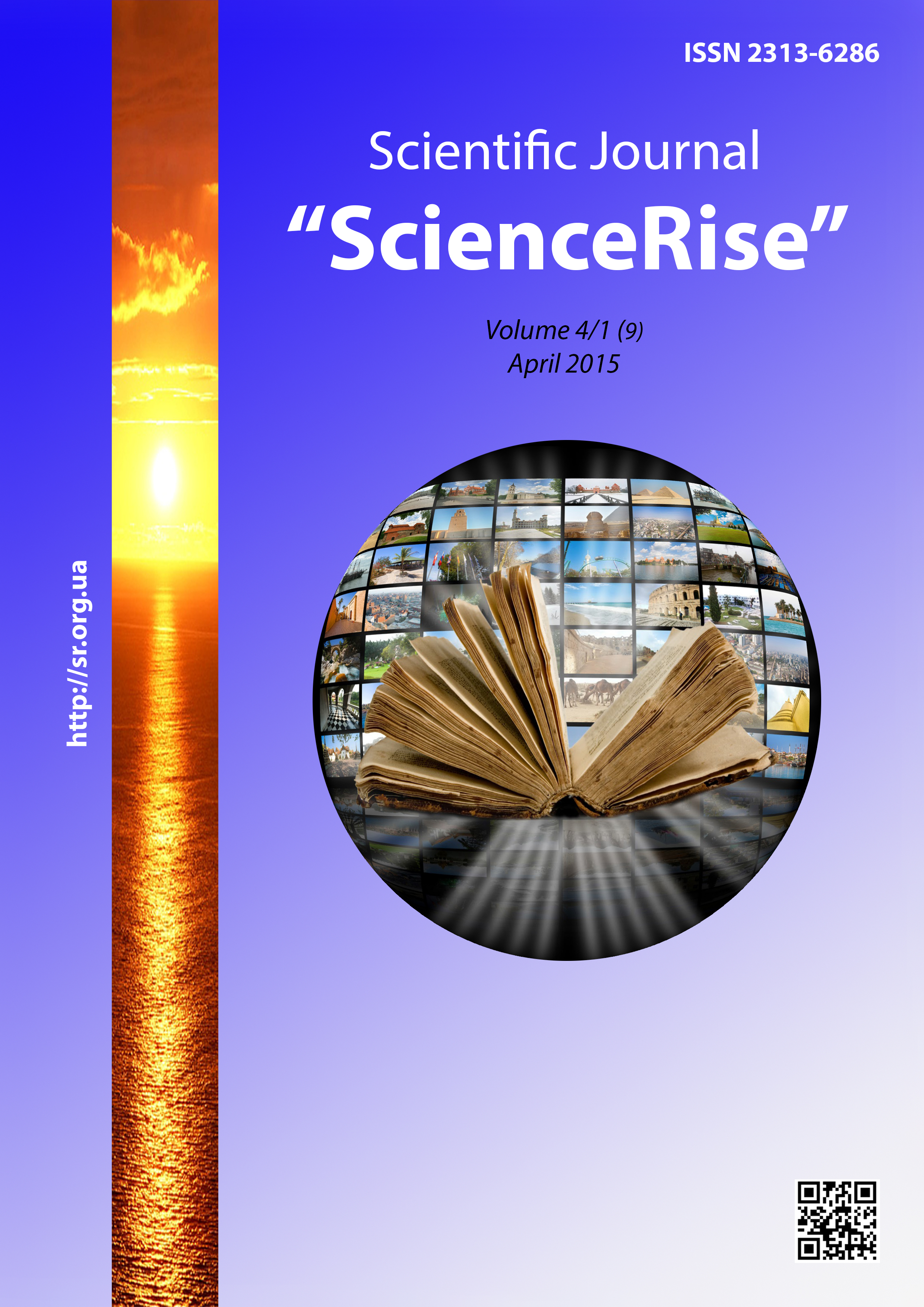The concept of scientific and pedagogical project “Rostok”
DOI:
https://doi.org/10.15587/2313-8416.2015.41654Keywords:
innovation, knowledge, creative activity, cognitive activity, child’s training activities, ecologizationAbstract
According to the title in the article describes the main directions of conceptual framework for the development of modern education that underpin the concept of the project. It is specially noted the guidelines principles which indicate ways to meet the challenges of the teaching experiment. The article also draws attention to the system forming factor principles of humanization, integration, ecologization of the educational process, its developing focus. Attention is drawn to an integrated discipline "The Surrounding World" that helps pupils in studying certain issues about the environment.
References
New School Management Approaches (2001). OECD, 215.
Melbourne Declaration on Educational Goals for Young Australians (2008). Ministerial Council on Education, Employment, Training and Youth Affairs December, 20.
Moyle, K. (2010). Building Inovation: Learning with technologies. Australian Education Review, 56, 72.
Manna, P., McGuinn, P. (2013). Education Governance for the Twenty-First Century: Overcoming the Structural Barriers to School Reform. Brookings Institution Press, 424.
Carayannis, E. G., Gonzalez, E., Wetter, J. (2003). The Nature and Dynamics of Discontinuous and Disruptive Innovation from a Learning and Knowledge Management Perspective. The International Handbook on Innovation, 115–138. doi: 10.1016/b978-008044198-6/50009-7
Honey, M., Pearson, G., Schweingruber, H. (2014). Committee on Integrated STEM Education, National Academy of Engineering, National Research Council. STEM Integration in K-12 Education: Status, Prospects, and an Agenda for Research. National Academies Press, 180.
Shavinina, L. V. (2003). The International Handbook on Innovation. Elsevier, 1171.
Law, N., Yuen, A., Fox, R. (2011). Educational Innovations Beyond Technology: Nurturing Leadership and Establishing Learning Organizations. Springer Science & Business Media, 264.
Hautecoeur, J.-P. (2002). Canadian Commission for UNESCO, UNESCO Institute For Education. Ecological Education in Everyday Life: ALPHA 2000. University of Toronto Press, 263.
Downloads
Published
Issue
Section
License
Copyright (c) 2015 Тамара Алексеевна Пушкарева

This work is licensed under a Creative Commons Attribution 4.0 International License.
Our journal abides by the Creative Commons CC BY copyright rights and permissions for open access journals.
Authors, who are published in this journal, agree to the following conditions:
1. The authors reserve the right to authorship of the work and pass the first publication right of this work to the journal under the terms of a Creative Commons CC BY, which allows others to freely distribute the published research with the obligatory reference to the authors of the original work and the first publication of the work in this journal.
2. The authors have the right to conclude separate supplement agreements that relate to non-exclusive work distribution in the form in which it has been published by the journal (for example, to upload the work to the online storage of the journal or publish it as part of a monograph), provided that the reference to the first publication of the work in this journal is included.

